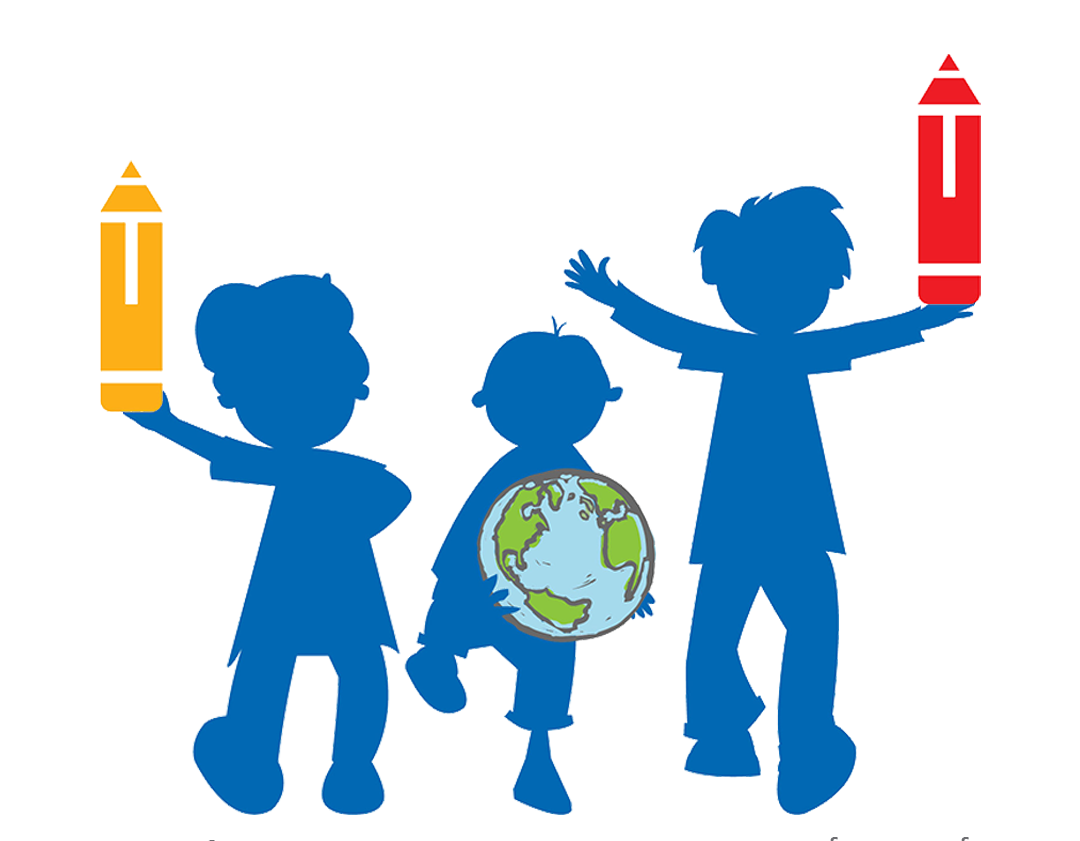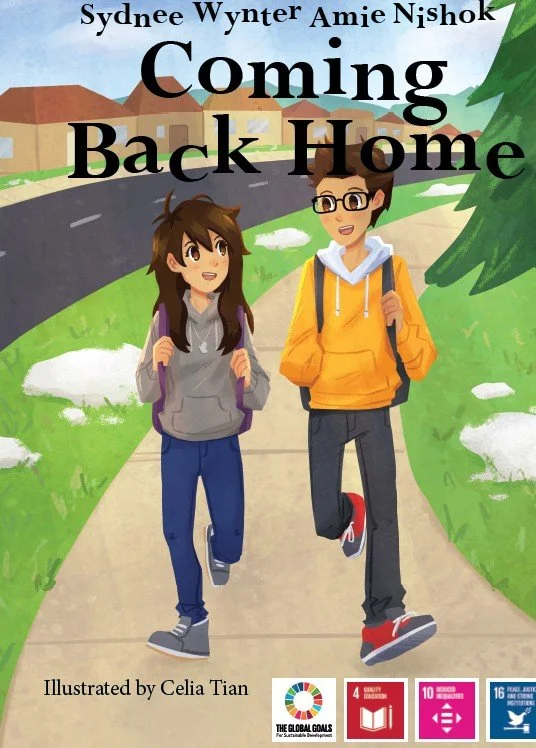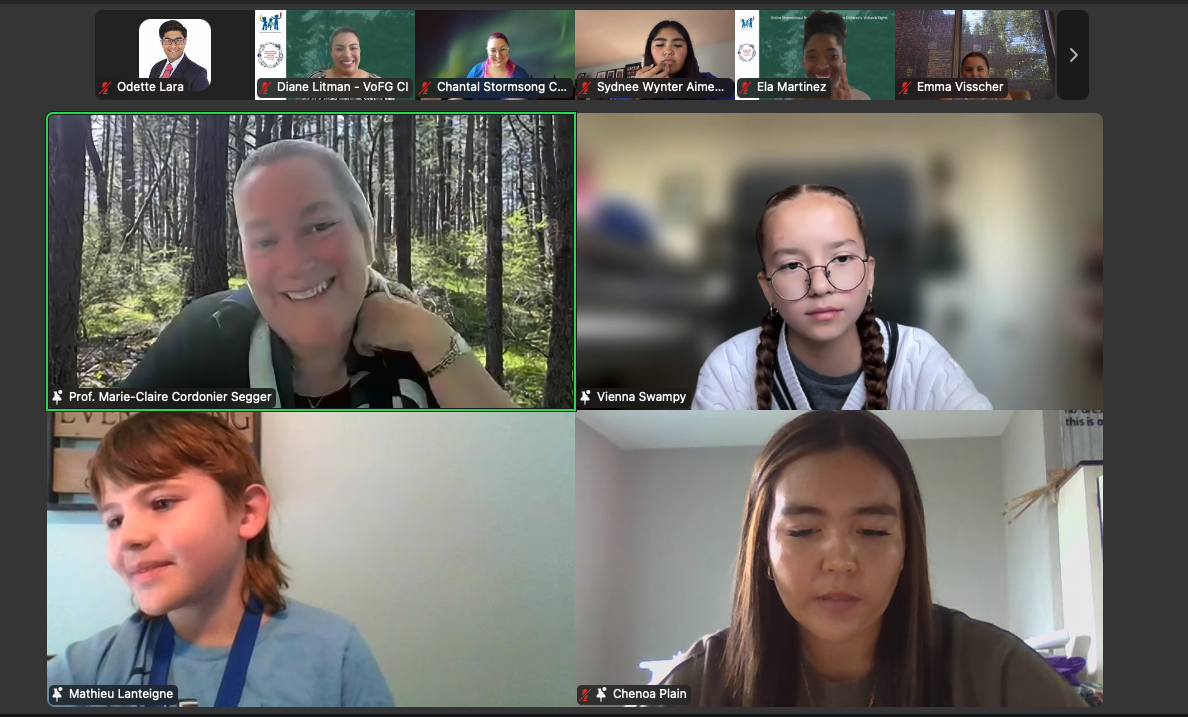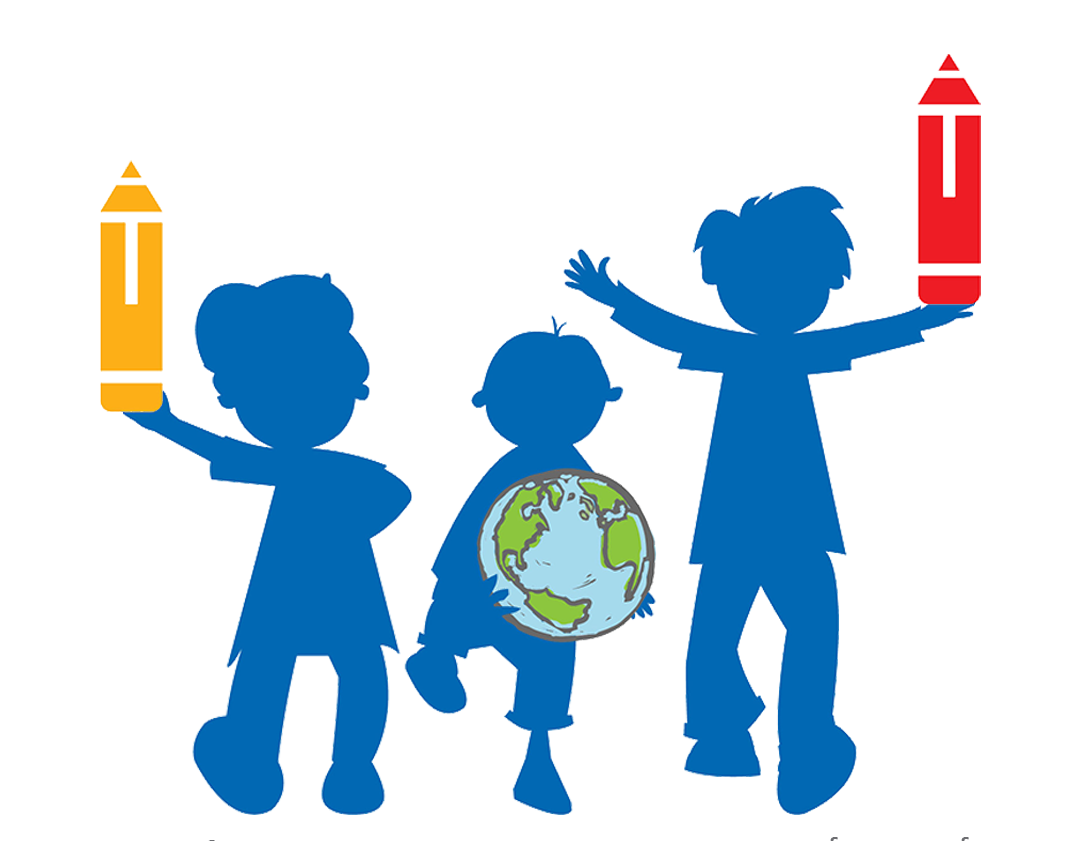The Voices of Future Generations Children’s Initiative (VoFG CI) hosted an International Online Roundtable on Saturday, August 9th, 2025, in celebration of International Day of the World’s Indigenous Peoples. The event attracted over 80 attendees from around the world, sparking rich discussions on Indigenous voices, education, children’s rights, and the Sustainable Development Goals (SDGs), particularly in the celebration of Indigenous Storytelling Contest Winners.
This year’s contest, which was possible thanks to a grant from the National Sixties Scoop Healing Foundation of Canada, invited young Indigenous storytellers to share their unique voices and perspectives while highlighting the cultural heritage of their families and communities.
The opening prayer was led by Elder Philomene Sanderson, a Plains Cree Elder from the Moosomin First Nation, who set a solemn tone for the event. Following the prayer, Adv. Wayne Garnons-Williams, CEO of the National Sixties Scoop Healing Foundation of Canada, delivered a powerful toast, highlighting the compelling narratives of the Indigenous Child Authors who were victorious in the 2025 Call for Stories. Wayne noted that “each story demonstrates exceptional creativity, cultural pride, and an inspiring vision for healing and sustainability.” The sentiment of hope was felt throughout the event, and by sharing their vital voices, the recipients not only enriched our collective story but also charted new paths for Indigenous Youth everywhere, serving as beacons of hope across Turtle Island.
Gold winner, Vienna Swampy shared a sneak peek into her story “The Land Before Us,” an inspiring book featuring a young Cree girl with a big heart and a strong connection to her family, culture, and land. Her story explores a relationship between the land, the Cree language, and love passed down through generations.
A highlight of the roundtable was the keynote speech by Chantel Storm Song Chagnon (Cree & Métis storyteller, drummer/singer, artist and activist) who eloquently addressed the intersection of storytelling and Indigenous identity. Her message emphasized how reclaiming Indigenous stories and connections to Indigenous teachings and knowledge is what true resistance is as Indigenous peoples. Chantal shared the importance of protecting and honouring Indigenous voices, “when we can share those stories and deeply connect to all of our histories but also look to the future – it’s a gift we get to share with the world.” Chantal ended her keynote speech with a story about finding our spirits, shared by her mosom (grandfather).
The event also saw the launch of ”Coming Back Home,” the second book by Indigenous child author Sydnee Nisyok (coming available on our website later this month). Sydnee described familiar characters with a new mission – to navigate through the child welfare system using their knowledge of Indigenous rights.
The online roundtable's discussions were further enriched by insights from distinguished panellists and roundtable chairs, including Prof. Marie-Claire Cordonier Segger (CISDL, University of Cambridge, VoFG International Commission). The panel addressed critical questions surrounding Indigenous voices and their role in the SDGs, such as:
How might stories written by Indigenous children impact both Indigenous and non-Indigenous readers?
What does it mean for Indigenous children and youth to be truly heard in decisions that affect them and how can we support them to lead change in their communities?
What role can educators and young people play in preserving Indigenous knowledge systems and cultural heritage?
Panellists included experts such as Ms. Portia Garnons-Williams (Indigenous Leadership Council), Ms Elaina Cox (Indigenous Leadership Council), Ms. Sheila Williams (Indigenous Consultant with Edmonton Public Schools), and Ms. Alyssa Johnson (Elementary School Educator). Voices of youth were also prominently represented, with young authors and advocates like Ms. Sydnee Wynter Aimee Nisyok, Ms. Vienna Swampy, Ms. Lissie Makimmak Usuituayuk, Ms. Kiona Jacobs-Plain, Master Mathieu Lanteigne, and Ms Emma Visscher.
Speakers emphasized that truly hearing Indigenous youth means valuing their voices, respecting traditional knowledge systems, and creating intentional spaces for participation. This includes mentorship opportunities, culturally relevant education, and meaningful roles in decision-making, rather than token gestures within colonial structures. A significant takeaway from the roundtable discussions was the emphasis on community. Teachers, mentors, parents, and community leaders were called upon to elevate Indigenous youth and leaders within their own communities, fostering belonging and leadership. The roundtable stressed that collective action is most powerful when it arises from community solidarity.
The Indigenous child authors emphasized that their stories are more than books, they reflect lived experiences, family ties, languages, and connections to the land. Reading about these realities provides comfort and strengthens identity, while also offering non-Indigenous audiences new perspectives. “It takes courage to speak on Indigenous rights,” one participant noted, “and today’s roundtable is about creating that safe space.”
The event was witnessed by Graphic Recording Artist Michelle Bucholz-Cassyex, who shared her beautiful art that unforgettably summarized the event. Michelle captured the voices and spirit of the Roundtable. Notably, the bravery, talent, and strength of participants, and their ability to have a voice in decisions that impact our futures.
The roundtable concluded with closing remarks from Chief Vernon Saddleback (Samson Cree Nation, Alberta), who shared his pride for his community member Vienna, and her original story that seamlessly incorporates Cree language.
He emphasized the importance of providing a platform for Indigenous youth to be heard and have their voices matter. He ended his remarks with one word: Hope. Hope for literacy, art, Indigenous knowledge, and for the next generation of leaders.
Partners and collaborators for the event included the Centre for International Sustainable Development Law (CISDL), and the National Sixties Scoop Healing Foundation of Canada.
The roundtable served as a reminder that the future of Indigenous voices and rights, Truth and Reconciliation, children's rights, and the SDGs is interconnected—and that the voices of future generations must be at the heart of these discussions.
You can watch the full recording of the event right below.









